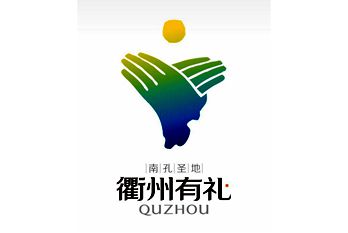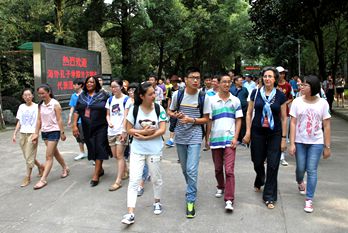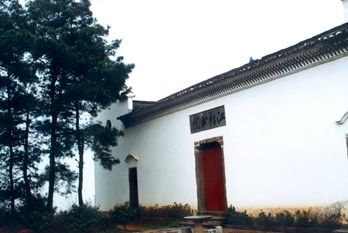Temple of Southern Confucianism

Quzhou is the home of Confucius’s descendants. The Confucian ancestral temple for his descendants in South China is one of the only two Confucian temples in the country and a key cultural heritage site under national protection. The philosophy is also called southern Confucianism.
About 1,600 years after the death of Confucius, Kaifeng, the capital of the Song Dynasty (960-1279), was conquered by Jurchen-led Jin forces. Emperor Gaozong and remnants of the Song Dynasty retreated to South China. Kong Duanyou, Confucius’s eldest grandson in the 48th generation, also moved to South China with a pair of wooden statues of Confucius, and he and his wife finally settled in Quzhou. Kong Duancao, Kong Duanyou's younger brother, remained in Qufu, Shandong province. This resulted in a north-south split among descendants of Confucius.

In 1255, Emperor Lizong of the Southern Song Dynasty (1127-1279), ordered the building of a Confucian temple in Quzhou. Since then, members of the southern branch of Confucius's descendants have settled in Quzhou and the city has become the second largest home for Confucius descendants.
Quzhou’s Confucian temple was moved and rebuilt three times and repaired 10 times over the past 800 years. The reconstruction of the Confucius temple and mansion by the Quzhou government was completed in September 2005.
Confucius, also known as the sage Confucius, is one of the cultural symbols of China. Confucian culture is an important part of Chinese traditional culture and the "root and soul" of Quzhou.
President Xi Jinping once said that Quzhou, with its long history, is the home of southern Confucianism, and that Confucian culture should be explored and developed.
As the origin of southern Confucian culture, Quzhou has abundant resources and advantages. It is the city’s duty and responsibility to carry forward the southern Confucian culture.

 City brand logo - fist-and-palm salute
City brand logo - fist-and-palm salute Confucianism on campus
Confucianism on campus The culture of the academy
The culture of the academy